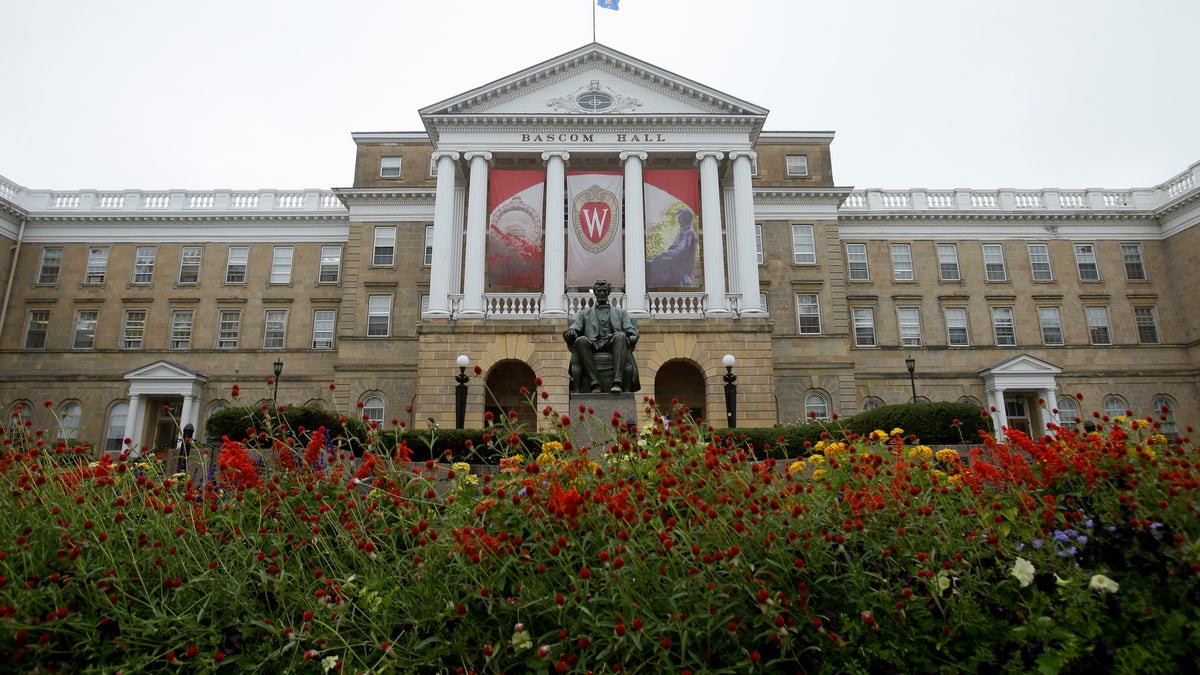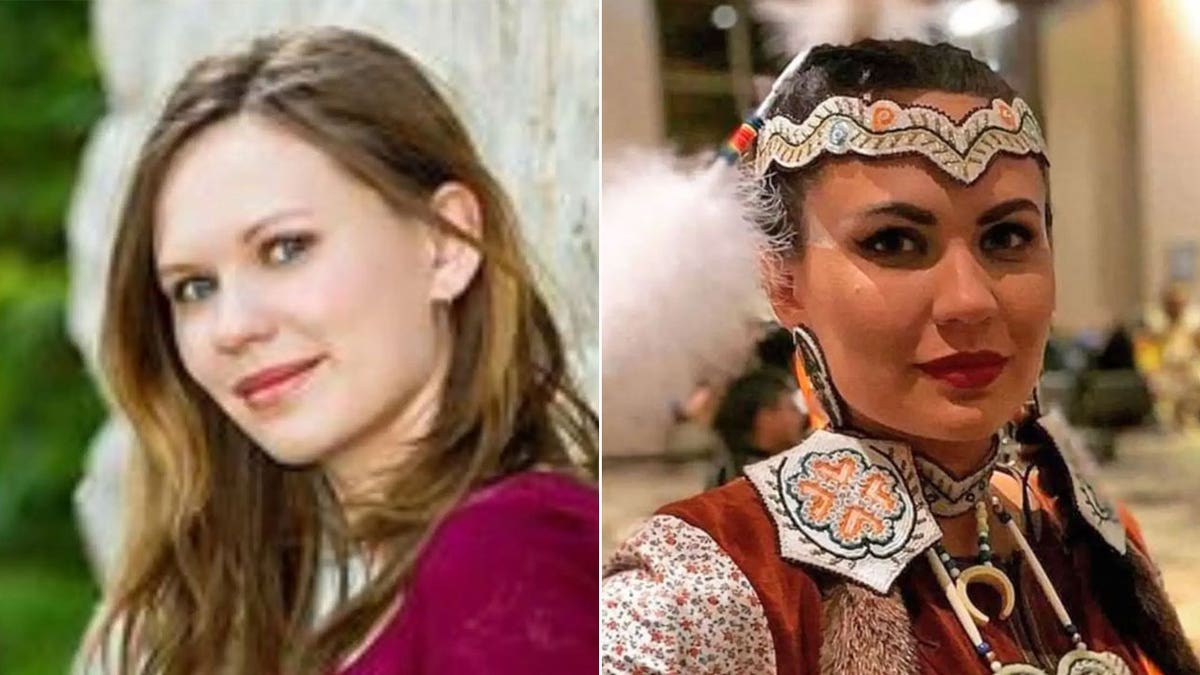No Left Turn in Education's Holly Terei discusses the Learning 2025 Summit
No Left Turn in Education's Holly Terei discusses her experience at Learning 2025, where educators gathered to discuss their plans for a "holistic redesign" of U.S. schools.
The University of Wisconsin-Madison awarded a $5,000, 10-week residency to an art scholar who pretended to be of Native American descent, so the scholar could develop a "toolkit and curriculum around cultural appropriation," before resigning.
Kay LeClaire, who uses they/them pronouns, labeled themselves as "two spirit," an Indigenous term used to describe those who identify with both masculine and feminine qualities.
LeClaire had, for years, falsely claimed "Métis, Oneida, Ojibwe and Cuban heritage" and had even adopted an Ojibwe name, the Milwaukee Journal Sentinel reported.
LeClaire also co-owned an Indigenous and queer art and tattoo parlor, they held a spot on the Missing and Murdered Indigenous Women Task Force and garnered recognition as a prominent Native American voice before the controversy emerged.
Having Indigenous heritage was not a qualification for the residency at University of Wisconsin-Madison
SUPREME COURT TO HEAR CASE OF TEXAS COUPLE FIGHTING TO KEEP ADOPTED NATIVE AMERICAN CHILD

This view shows Bascom Hall on the campus of the University of Wisconsin-Madison. (Mike McGinnis / Getty Images / File)
LeClaire, apologizing for the dustup, said "I'm sorry" in a statement. They didn't mention their race, but added that they would no longer use the Indigenous name taken in place of their real one and would abandon all projects or positions geared toward Indigenous identities to atone for their actions.
Aside from being awarded the paid residency, LeClaire got involved in other topics concerning the Indigenous community on UW Madison's campus, including criticizing the university for flying the Ho-Chunk flag, which, according to the institution, aimed to "educate the campus about Ho-Chunk culture and First Nation's history."
NATIVE AMERICANS MOURN ON THANKSGIVING: ‘NO REASON TO CELEBRATE'

Traditional Ojibwe shelters are shown on Mount McKay in Fort William First Nation, Ontario, Canada. (Tanya Talaga / Toronto Star via Getty Images / File)
LeClaire, pretending to adopt an Indigenous lens, criticized the university for flying the tribal flag that is often displayed during National Native American Heritage Month or on Indigenous People's Day, alleging the move was performative.
LeClaire had also previously criticized a nearby music venue formerly known as Winnebago, slamming the venue's White owners for allegedly profiting from Native American identities.
"I'm glad the owners have decided to no longer profit from the identities of Indigenous peoples," LeClaire wrote in a February 2020 post published under their Ojibwe name in "Our Lives Wisconsin."
BIDEN ADMIN RENAMES 5 PLACES THAT USED ‘HARMFUL’ TERM FOR NATIVE AMERICAN WOMEN

Katie Le Claire in 2012; Kay LeClaire in 2021 via Madison365
"The name change is in response to their anger and potential loss of white people's money rather than misrepresentation of an education from Indigenous peoples. Once again, white folks' emotions, labor, and intentions carry more weight than ours," the post later read.
LeClaire agreed to return the residency funds awarded by the University of Wisconsin after the fraudulent behavior came to light in an online forum called the "New Age Fraud Forum" where a user called out LeClaire's eyebrow-raising claims.
"I came across 'nibiiwakamigkwe' [LeClaire's Ojibwe title] when information on one of their performances showed up in my social media newsfeed," the user wrote.
CLICK HERE TO GET THE FOX NEWS APP
"They were only identified by a single Anishinaabe name which piqued my interest about whether we could have friends or family in common. Their bio contained language often associated with people that may be misrepresenting their race or ethnicity."
The user laid out LeClaire's ancestry and dissected the false claims surrounding the Indigenous identity, prompting broader speculation from others.
To confirm the authenticity of the allegations against LeClaire, Fox News Digital reached out to the University of Wisconsin-Madison for comment.
"Kay LeClaire was a prominent figure in the community and UW-Madison became aware of this issue in late December 2022 through reports on social media and local media," a representative for the university said in a statement Friday.
"Before the issue was known, among LeClaire's activities in the Madison and broader Wisconsin communities was a campus residency that began in March 2022 and was slated to end before the start of 2023. LeClaire resigned before the formal end date and is no longer active on campus. The position wasn't identity-based, nor is it legal for the university to require or hire based solely on race or ethnicity."



